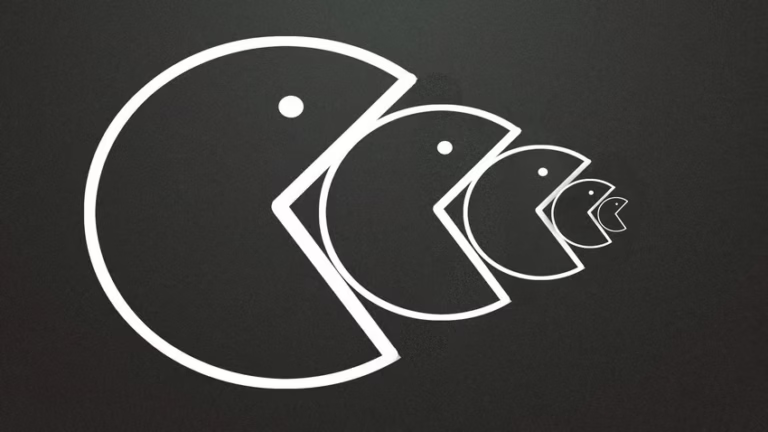
world's top science journalists in 2023
Reporting Truth in the Age of Discovery
In the ever-evolving landscape of journalism, science journalists play a pivotal role in bridging the gap between scientific advancements and the general public. In 2023, we find ourselves in a world where scientific discoveries and breakthroughs are happening at an unprecedented pace, making the role of science journalists more critical than ever. This article will introduce you to some of the world’s top science journalists of 2023 who are making a significant impact in the realm of science communication.
- Ed Yong – The Atlantic
Ed Yong is a prominent science journalist known for his outstanding work at The Atlantic. In 2023, his articles continue to captivate audiences by providing in-depth analysis and coverage of topics ranging from the ongoing pandemic to climate change. Yong’s reporting is characterized by a unique blend of scientific rigor and compelling storytelling, making complex issues accessible to a broader readership.
- Carl Zimmer – The New York Times
Carl Zimmer, an award-winning science journalist, continues to be a prominent figure in science communication through his work at The New York Times. In 2023, he focuses on subjects like evolutionary biology, genetics, and virology, contributing to a better understanding of how science impacts our lives. His articles are well-researched, engaging, and have made him a trusted source for many.
- Tara Haelle – Freelance Journalist
Tara Haelle, a freelance science journalist, has been making waves in 2023 with her incisive reporting on health and medical topics. Her dedication to evidence-based journalism ensures that her readers are well-informed, particularly in matters related to vaccines, public health, and mental well-being. Her articles are a testament to the importance of responsible science reporting.
- Apoorva Mandavilli – The New York Times
Apoorva Mandavilli, another accomplished science journalist at The New York Times, has gained recognition in 2023 for her extensive coverage of the COVID-19 pandemic. Her articles delve into the complexities of public health, disease transmission, and vaccine development. Her commitment to delivering accurate and timely information has been a valuable resource for the global community.
- Deborah Blum – Undark
Deborah Blum, the director of the Knight Science Journalism Program at MIT, remains an influential figure in science journalism in 2023. Her work at Undark delves into the world of chemistry, environmental science, and public health, providing insightful narratives on complex scientific issues. Blum’s dedication to fostering science communication is evident in her writing.
- Jen Schwartz – Scientific American
Jen Schwartz has continued to make a significant impact in 2023 through her work at Scientific American. She specializes in environmental science and sustainability, bringing attention to critical topics like climate change, biodiversity, and conservation. Her writing not only educates but also inspires readers to take action.
- Nidhi Subbaraman – Nature
Nidhi Subbaraman, a science journalist for Nature, has earned recognition in 2023 for her coverage of cutting-edge research and technology. Her articles explore a wide range of subjects, from space exploration to artificial intelligence. Subbaraman’s ability to translate complex scientific concepts into accessible content is a testament to her skill as a science communicator.
- Rachel Feltman – Freelance Journalist
Rachel Feltman, a freelance science journalist, stands out in 2023 with her diverse portfolio covering topics like biology, neuroscience, and environmental science. Her articles are known for their clarity, making complex ideas understandable to the general audience. Feltman’s work exemplifies the essence of effective science journalism.
- Brian Resnick – Vox
Brian Resnick, a senior science correspondent at Vox, has been a key figure in science communication in 2023. His articles explore a wide array of scientific topics, with a particular focus on health and psychology. Resnick’s reporting often includes interviews with experts, bringing a human touch to his stories.
- Megan Molteni – Wired
Megan Molteni’s work at Wired in 2023 continues to capture the intersection of science and technology. Her articles provide insights into emerging trends and innovations, such as biotechnology, artificial intelligence, and digital health. Molteni’s reporting showcases the role of science journalism in understanding the evolving world around us.
The Role of Science Journalism in 2023
In the year 2023, science journalism plays a pivotal role in informing the public, debunking myths, and promoting evidence-based decision-making. With the world facing unprecedented challenges, from pandemics to environmental crises, these top science journalists are at the forefront of shaping public understanding and policy.
The following are key aspects of their contributions:
- Promoting Scientific Literacy: Science journalists like Ed Yong, Carl Zimmer, and Tara Haelle bridge the gap between the scientific community and the general public. Their ability to distill complex research into comprehensible narratives enhances scientific literacy.
- Debunking Misinformation: In an era of information overload, science journalists like Apoorva Mandavilli and Nidhi Subbaraman play a crucial role in countering misinformation, especially in areas like vaccines, public health, and climate change.
- Advocating for Evidence-Based Decision-Making: The work of journalists such as Jen Schwartz and Deborah Blum empowers individuals and policymakers to make informed decisions in areas like environmental conservation and public health.
- Fostering Scientific Curiosity: Through the skillful storytelling of Brian Resnick and Rachel Feltman, science journalism ignites curiosity and encourages readers to delve deeper into scientific topics.
Conclusion
In 2023, the world’s top science journalists continue to fulfill their vital role in conveying the wonders and complexities of science to the public. Their work not only informs but also inspires, making scientific knowledge accessible and relevant to our everyday lives. In an age where misinformation and pseudoscience abound, these dedicated individuals play a crucial role in ensuring that evidence-based knowledge prevails, contributing to a more informed and scientifically literate society. As we navigate the challenges and opportunities of the future, we can rely on these science journalists to be our guides in the exciting world of discovery.






